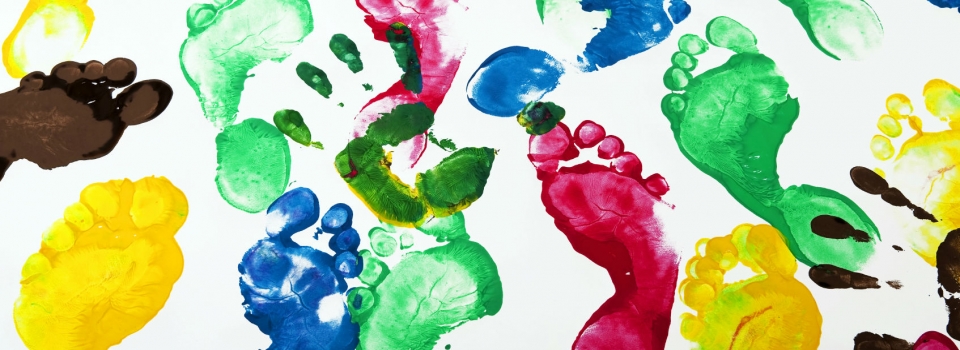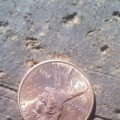
There’s no denying we live in a digital world – which can make our lives more efficient and also unnecessarily complicated. The blessing and curse of “smart” technology really hit me after my dad’s death. Weeks before he died, I created an account with Ancestry.com in hopes of piecing together the story of our family’s history. I wanted to learn where in Italy my dad’s grandparents came from and also uncover the many countries my mom’s relatives once resided. My busy schedule didn’t really allow me to start digging as quickly as I would have liked. But, Ancestry.com sent frequent reminders that the only way to get this information was to become more active on the site. Days after his suicide, I received an exciting e-mail from Ancestry.com letting me know they had “discovered a new record in our family history!” Stupidly, I opened the e-mail and saw exactly what that document was – my father’s death certificate. Needless to say, I unsubscribed.
As a Gmail user, this mail provider attempts to “help” you by suggesting other people that you might want to include on your message. Aren’t we all smart enough to know that we probably included everyone we wanted to reach when filling out the “To” section?! Say you’re e-mailing a sibling and they know you also commonly include your other family members when you communicate with that person, it will ask, “also include name, name or name?” So, for months, I had to face “Also include Dennis?” each time I wrote to my mom, brother, aunts, uncles and cousins. Thank you, Google, for reminding me that I would no longer be able to include him in e-mails moving forward.
Similarly, iPhones tend to populate your contact list with the phone numbers and e-mail addresses of everyone in your various phone and e-mail libraries. I don’t know how they do this! While I think I had deleted “Dad,” my iPhone so helpfully inserted his e-mail address in there. Recently, I also experienced a freak thing with my iPhone and e-mail. I was writing a note to my brother. I started typing the message when I realized that even though my brother’s e-mail address was correct, the name associated with it showed up as my dad’s name. How bizarre! That’s never happened before. And, it actually occurred the night before the two-year anniversary of his death. In disbelief, I took a screen grab of the page and sent it to my brother who also couldn’t digest why this was happening. At that moment, I actually took it as a sign, given the timing. But, I can’t say the same for the other annoying occurrences above.
And, finally, this past week, I accepted a connection request from a former colleague through LinkedIn. After doing this, LinkedIn usually lists the names of other people you may wish to connect with. Well, who happened to be at the top of that list but my dad. I don’t even think he had created a LinkedIn account, but it must have been encouraging me to send him an invite to create a profile. Gosh – more than two years later, LinkedIn? Sometimes, I think technology is just too “smart” for its own good. The way applications and programs can just scour through your contacts not knowing that someone might be dead or an ex or whatever and all they care about is making sure you stay connected!
One thing my dad never got into was Facebook. But, I know that many survivors use Facebook as a way to carry on and connect with their loved one – like a living memory book. It can be helpful to look at old pictures and share new ones and keep them a part of life today. For Jessica, Lindsay and me – it’s also using this blog and recollecting memories through this online “journal.”
I’ve also seen dozens of articles and blog posts that address this topic. They offer tips for the living on how you could or should plan out your wishes for your digital accounts. For example, you can provide passwords and ask that family deactivate accounts. Facebook also has implemented a new policy allowing loved ones to notify them of someone’s passing so that they can deactivate an account. However, even with these options, I don’t think the “smart technology” part would go away – the things that I experienced. Computers lack something that most humans don’t – a sensitivity chip.
All of this prompted me to wonder, how have you dealt with your loved one’s digital footprint after death?


